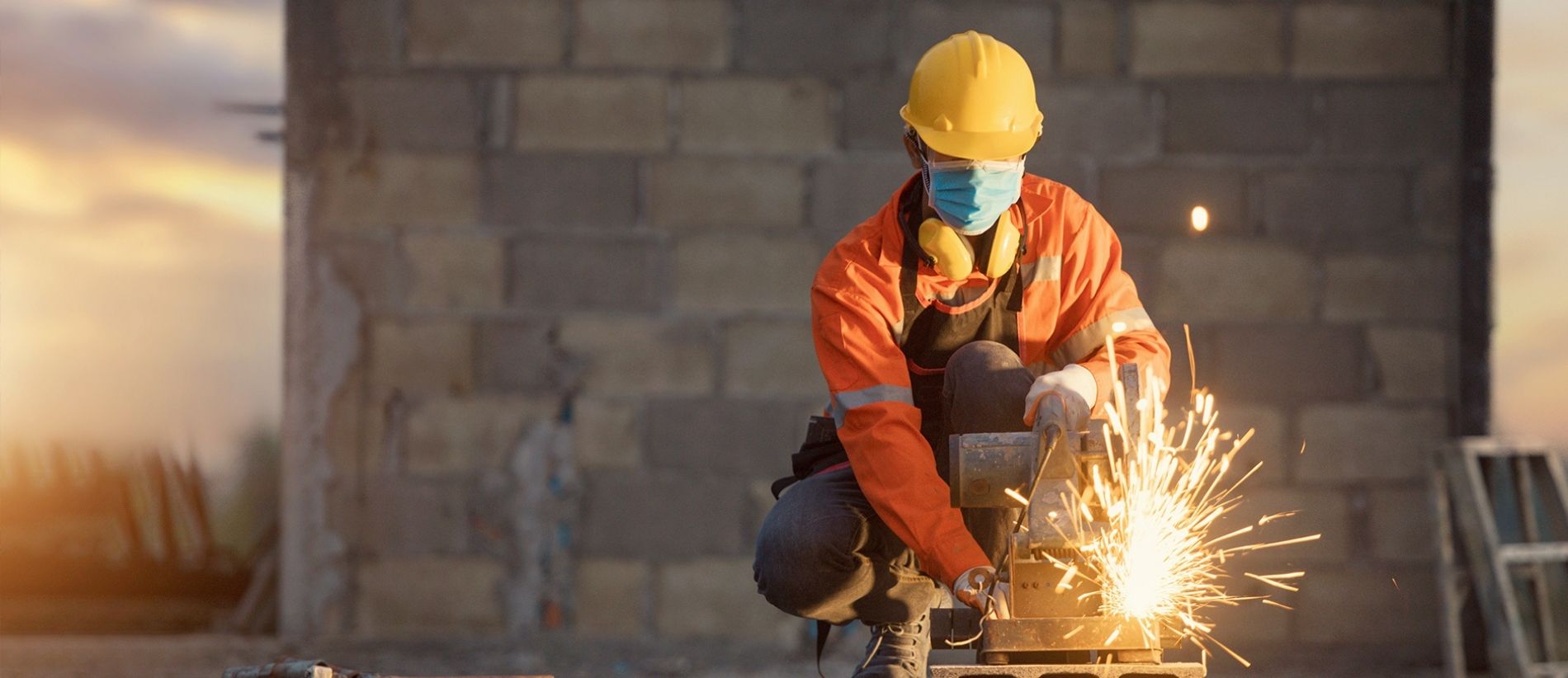The construction sector has faced particular challenges in dealing with the economic issues posed by Covid-19. Construction firms often operate on relatively slim profit margins, but require significant resources to progress projects promptly. So when something happens that means they need to make an insurance claim, it’s vital they have the right cover in place and can count on a rapid response.
The risk of losing site workers who have been told to self-isolate - or having an entire site closed down by the authorities - only exacerbates the potential for disruption and delay. All of these factors are changing the way claims play out in the transformed construction environment we have seen since March last year.
In this article, we look at how the pandemic has impacted construction insurance policies, and at how insurers and brokers are adapting, as we strive to continue delivering the best possible service for our clients.
Claims
Major loss events that put insurer claims teams under pressure are nothing new. When such challenges arise, claims teams need to show they can quickly understand the unfolding situation, act with speed, and communicate clearly at all times. All of us in the insurance industry are acutely aware that, if this doesn’t happen, it could cause an existential crisis for a customer’s business.
It’s clear we’ll all be dealing with the impact of Covid-19, in one form or another, for some time to come. This will have a major impact on future loss trends, and mean that construction firms need to update their work and travel practices and review their supply networks in the light of previously unanticipated weaknesses.
Like other major events before it, Covid-19 has required insurance professionals to work together to construe complex policy issues and ensure that what is owed is paid, without sacrificing the industry’s ability to respond flexibly in the future. Faced - in many cases for the first time - with the need to work remotely, insurance communities like Aviva and Lockton have relied on a combination of technology and the expertise and dedication of their respective claims people to continue delivering the consistently high standards of service our customers expect.
As we all get back to work and edge closer to whatever the long-awaited ‘new normal’ turns out to look like, this brings risks of its own. It’s obviously important to exercise due care and take precautions when reactivating plant and machinery left inactive for many months. Production demands around meeting market gaps and pressure to control maintenance budgets must not lead to corners being cut.
The future of construction claims will be determined by many factors, amongst which will be the outcome of efforts to de-risk global supply chains.
Underwriting
Construction insurance is predicated on the occurrence of one or more physical triggers, for example: fire/explosion or water damage. Prior to the current pandemic, cover against infectious diseases was clearly not a major driver for the purchase of construction insurance policies. This relatively uncontentious proposition is likely to remain the subject of lively debate between brokers and underwriters for some time to come.
Covid-19 has shone a light on the brittleness of construction supply chains. As the prices of raw materials and equipment rise, and labour is displaced due to a combination of travel restrictions and an evolving construction market, firms’ ability to win contracts and execute projects across the world has come under further strain. This could have significant implications for the D&O market, and bring issues around project loss mitigation and contractor insolvency into sharper focus.
The pandemic-induced economic downturn has also impacted finance, heavily influencing project feasibility and forcing construction firms into even more challenging trading environments. Despite these challenges, the industry is under increasing pressure to reduce its environmental impact by adopting alternative power sources and de-carbonisation or, for example, by using re-bar and cement-free concrete.
As all of the above makes clear, the insurance industry is having to adapt quickly to the very different operating environment we’re seeing in the long transition from a pandemic to, ultimately, a post-pandemic world. Much of what we’ve all witnessed over the past 18 months is literally unprecedented. But, rest assured, we’re working flat out to reduce the impact on our customers to the absolute minimum. Together, we will all come through these singularly uncertain times - and emerge the stronger for it.
This article has been jointly authored by Lockton and Aviva Insurance.
For further information, please contact:
Graeme Yallop
Claims Code Executive
T: +44 (0)7920 386 901
E: graeme.yallop@uk.lockton.com

